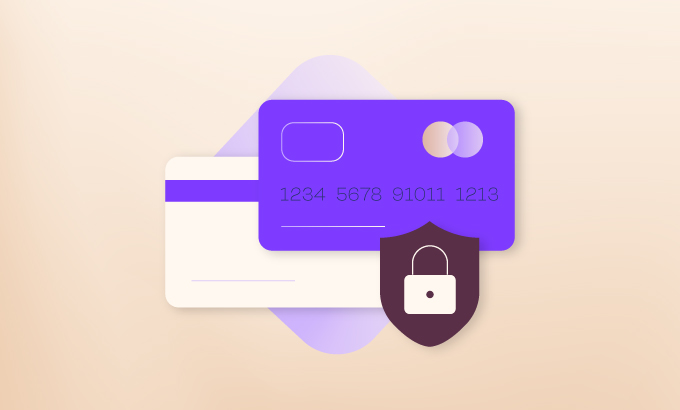Subscribe
"Unlock exclusive insights and elevate your financial wisdom with NetWorth.com — subscribe now to stay ahead in the wealth game!"

Credit: Deibel.com
Customer data is one of the most valuable assets a business can have. Not only is it essential for marketing purposes, but it can also be used to improve customer service and create more effective products. However, if this data is not properly secured, it can be easily accessed and stolen by cybercriminals.
It’s extremely important to stay compliant with the law, especially when it comes to your customer data and how important it is to make sure you have the right systems in place. In the last decade, data breaching has become more common as hackers have gotten savvier in their methods; so to avoid all that you must have a good understanding of data governance tools and how to use them.
This includes making sure that you’re taking all necessary precautions when storing your customer data (with encryption, firewalls, etc.), as well as ensuring that all employees are trained on their responsibilities when it comes to handling and protecting this sensitive information. Here are 8 ways you can ensure compliance and keep your customers safe!
The first thing is to make sure that you are well aware of the laws and regulations that apply to your business. This will include federal, state, and local laws, as well as any industry-specific regulations. Make sure you have a clear understanding of what is required of you and put in place the necessary systems and procedures to meet these requirements.
One of the most important things you can do is create a data security policy. This will define how your company handles and protects customer data, and it should be followed by everyone who has access to this information. It should include measures such as password requirements, encryption methods, and how to deal with suspected or confirmed data breaches.
Since every employee handles customer data, make sure they’re aware of their responsibility and train them on how to handle this sensitive information. This includes not only the proper way to store and protect data but also how to identify a phishing attack or other cybersecurity threat. Rather than having one-time training, be sure to provide continuous education and updates on the latest threats.
Having your data encrypted is one of the best ways to keep it safe from cybercriminals. This is a process that scrambles your data so that it’s unreadable to anyone who doesn’t have the encryption key. This will make it almost impossible for cybercriminals to access and steal the information if they were to gain access to your systems.
Firewalls are another essential security measure for protecting your data. They work by blocking unauthorized access to your systems, which helps keep cybercriminals from being able to steal your data. Make sure that you have firewalls in place and that they’re up-to-date to help protect your systems and data.
If you ever need to delete customer data, make sure you do so in a way that’s compliant with the law. This includes making sure that all copies of the data are destroyed and that it can’t be accessed or recovered by anyone.
It’s important to regularly audit your systems to ensure that they’re still compliant with the law. This includes checking for any security vulnerabilities that could be exploited by cybercriminals and making sure that all employees are still following best practices when it comes to protecting customer data.
When collecting customer data, you must provide privacy notices that clearly state how the data will be used. This includes informing customers of their right to access and update their information as well as how it will be shared (if at all). Make sure your privacy notices are clear and concise, and that customers are able to easily understand them.
If you’re not compliant with the law when it comes to customer data, you could face serious consequences. This includes fines from the government, as well as lawsuits from customers who have had their data stolen. It’s essential to take the necessary precautions to protect your customers and stay compliant with the law. Don’t take this for granted – it could end up costing you a lot more in the long run.